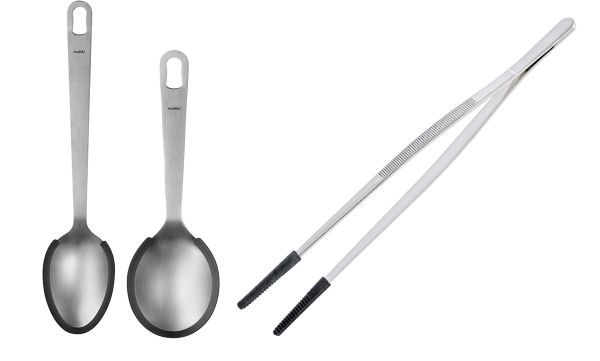Language
WORLDWIDE SHIPPING
Professional tool set for non-stick pans and pots
€49.00
€40.16
Availability:
In stock
Three professional kitchen utensils in stainless steel and silicone suitable for use with non-stick pans, but also in aluminium, stainless steel or copper.
These utensils designed to be efficient tools in stainless steel, robust and high quality, have been built with a food-grade silicone tip resistant to high temperatures, useful and necessary for use on non-stick pots and pans, preventing them from being scratched or damaged.
In detail in the set you will find:
n. 1 SERVICE spoon for mixing, serving, plating with length: 30.8 cm and width: 7 cm
n. 1 ROUND spoon suitable for mixing or serving all types of rice, risotto, basmati, biryani and also polenta, paella, couscous and purées with a length of 24 cm. and width 7 cm.
n. 1 stainless steel tongs with silicone tips, resistant to temperatures up to 220° C with length cm. 30
FAQs

 IT
IT FR
FR
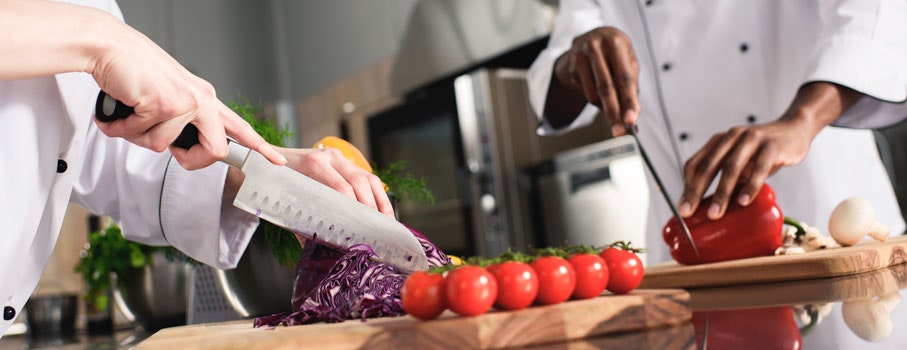
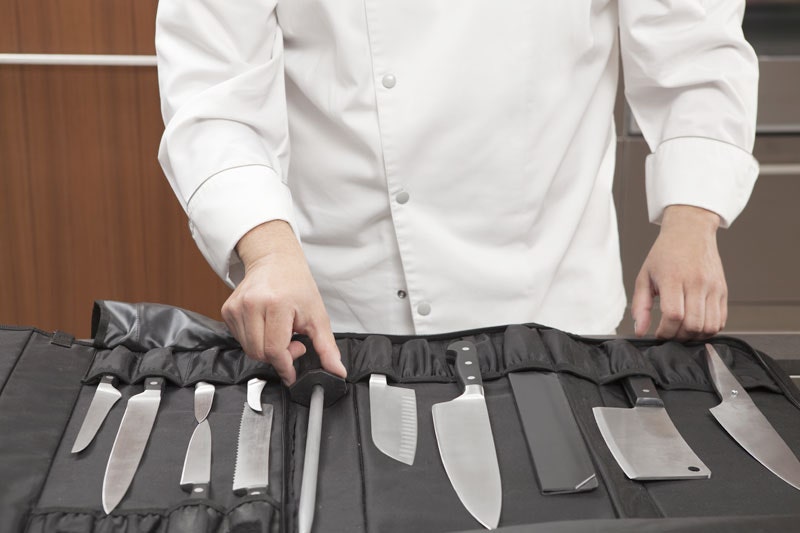
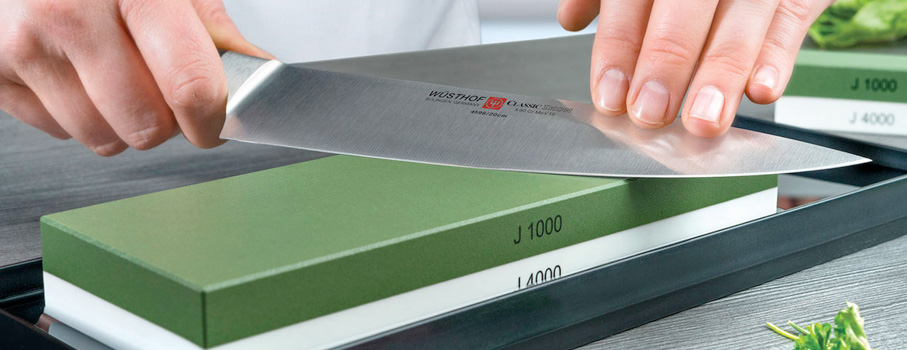
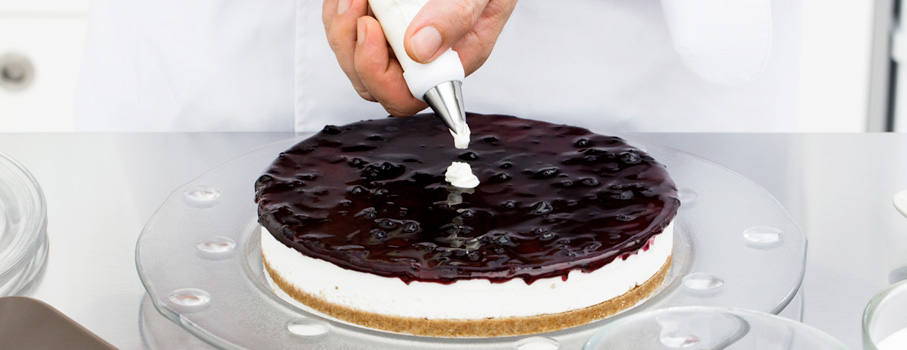

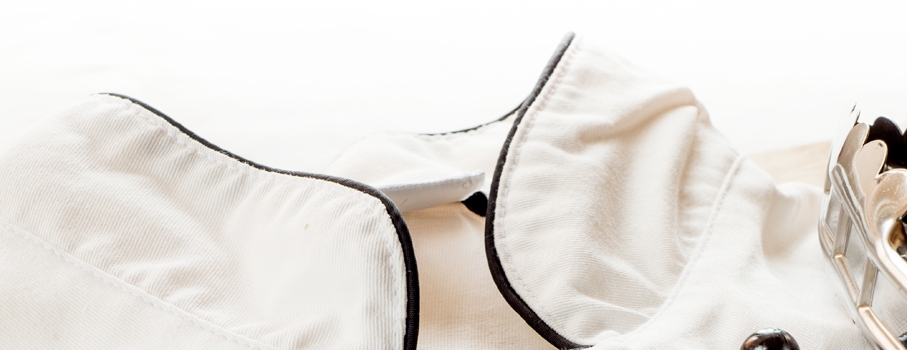
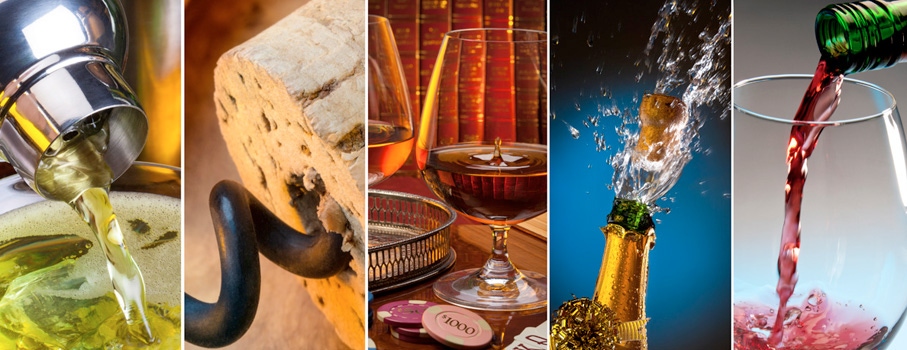
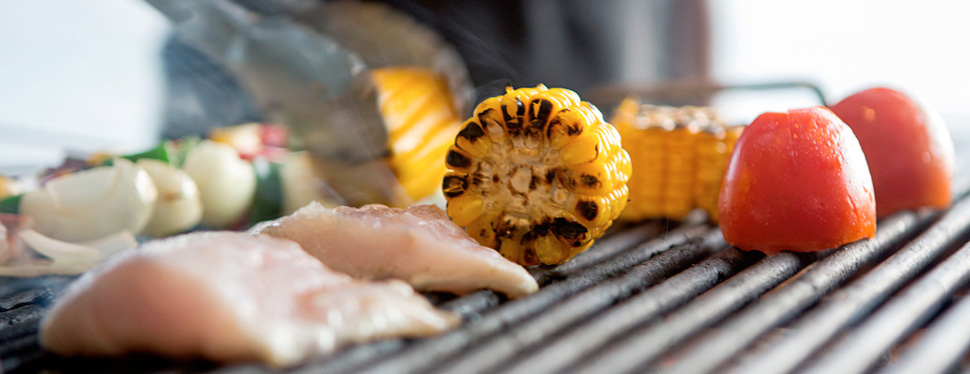

 IT
IT FR
FR
